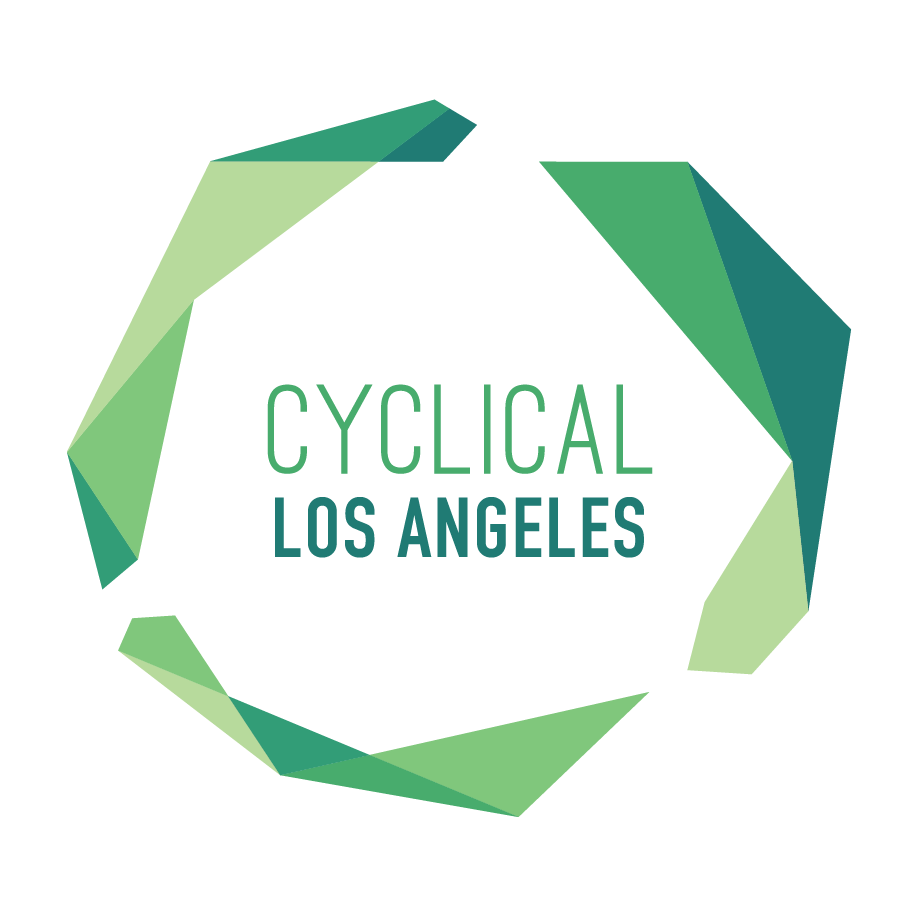I definitely over-planted my garden this spring.
I started off with radishes in nice neat rows. But once my row was planted I still had a half packet of radish seeds. So I scattered those over the garden bed with no regard for planting distance or depth. Then I did the same with my kale. And again with lettuce and tomatoes and beans. I thought, I can always thin them out later.
After a couple of weeks, some seeds that I planted grew into sprouts. Some seeds were eaten by birds. Some just didn’t come up. At the same time, “volunteers” came up from last year, most of which were growing better than the ones I planted: tomatoes in my lettuce and squash in my potatoes. And I didn’t even plant squash last year!
As we’ve been on the journey of nurturing ecosystems for starting new churches and worshiping communities, I’ve noticed a similar progression. At the beginning, there’s a voice inside me that says, “Be careful about which ideas you invest in. Don’t invest in the ones that are too far fetched. We should focus our energy on the ones we know will work.”
I don’t think I’m the only one who hears this voice. New church development in the 20th century has largely been marked by the preference of predictability over chaos, viability over experimentation, and strategy over tactics. There are certain locations, time periods, and demographics in which a new church will work. We’ve been planting in neat rows.
But as new and unexpected leaders, ideas, and partnerships emerge and show signs of vitality and congeniality in our ministries, assessment centers, churches, discerners groups, or core group meetings, we need some wisdom. We need to know how to go forward because our context has changed and it no longer feels like a straight rows anymore. Here’s what the writer of Ecclesiastes has to say.
“Whoever watches the wind will not plant; whoever looks at the clouds will not reap. As you do not know the path of the wind, or how the body is formed in a mother’s womb, so you cannot understand the work of God, the maker of all things.” Ecclesiastes 11:4-5
The reality is, even though I think I know which ideas will work and which won’t, and even though it seems like prudence and wisdom has been driving my preferences, I’m really much more likely to waste valuable time and ignore what the Spirit is doing. Perhaps true wisdom is to not waste time under the sun trying to predict an unknown future. Wisdom is working hard to nurture it all, unlikely as it may be.
“Sow your seed in the morning, and at evening let your hands not be idle, for you do not know which will succeed, whether this or that, or whether both will do equally well.” Ecclesiastes 11:6
Who would have guessed that a few Christians patronizing their local bar would encounter spiritual conversations on a regular basis?
Who would have planned a group of middle aged adults would find joy adopting a nursing home to bless them, play with them and pray with them?
Who would have anticipated that my most carefully planned strategy for transforming a Christian small group into a missional community would flop?
Who knows when our ideas will take root? Will it be this year? Will it be next year? Will we get the job we need to support ourselves or will we be able to raise funds? Will our vision be shared with others? Because we cannot predict the future, we root ourselves in the present and follow the Holy Spirit’s leading.
High pneumatology means that the powerful winds of the Spirit are not only sovereign but extremely unpredictable. Wisdom says to let go of the future a little bit, to try lots of things, to be unafraid that our efforts will be wasted on an unlikely idea, and to simply start something and allow the Spirit to grow what the Spirit wants.
Who knows? Maybe we’ll have squash this year.
Blog post by Brendan McClenahan. Printed with permission.

